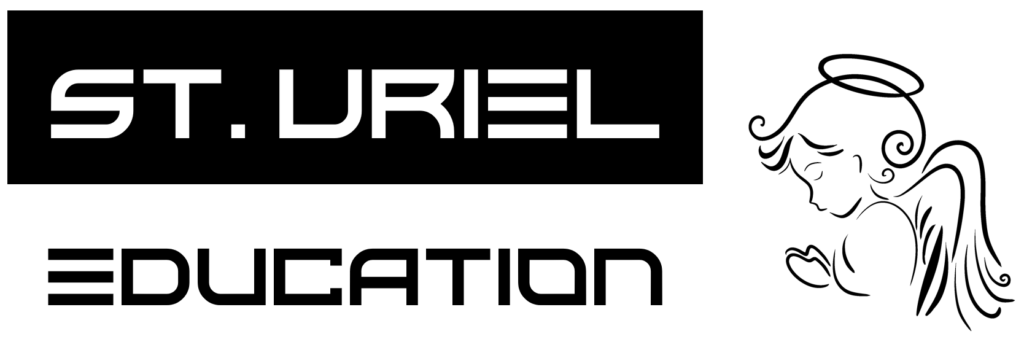Looking for some intellectually engaging video content for your middle school students? The list below has you covered. It features 10 great TED Ed video lessons to use with you middle school students from tips to improve critical thinking skills to learning the art of listening empathically.
1- 5 tips to improve your critical thinking – Samantha Agoos
“Every day, a sea of decisions stretches before us, and it’s impossible to make a perfect choice every time. But there are many ways to improve our chances — and one particularly effective technique is critical thinking. Samantha Agoos describes a 5-step process that may help you with any number of problems.”
2- How to write descriptively – Nalo Hopkinson
3- The benefits of a bilingual brain – Mia Nacamulli
“It’s obvious that knowing more than one language can make certain things easier — like traveling or watching movies without subtitles. But are there other advantages to having a bilingual (or multilingual) brain? Mia Nacamulli details the three types of bilingual brains and shows how knowing more than one language keeps your brain healthy, complex and actively engaged.”
4- Let’s make history…by recording it – StoryCorps & TED Prize
“What if Anne Frank hadn’t kept a diary? What if no one could listen to Martin Luther King’s Mountaintop speech? What if the camera hadn’t been rolling during the first moon landing? Actively listening to the voices of the past and the people who matter to us is important, and StoryCorps wants you to lend your voice to history, too. Here’s how.”
5- Why is the US Constitution so hard to amend? – Peter Paccone
“When it was ratified in 1789, the US Constitution didn’t just institute a government by the people – it provided a way for the people to alter the Constitution itself. And yet, of the nearly 11,000 amendments proposed in the centuries since, only 27 have succeeded as of 2016. Peter Paccone explains why the US Constitution is so hard to change.”
6- Are You A Good Listener?, Alexandra Panzer
“We hear a lot about how to speak well in public, but very little about how to learn the equally important art of listening properly to others. This video describes four steps to becoming a good listener. “
7- Some study that I used to know: What do you remember from high school?, Melissa Ganus
“”How much do you remember from your time in high school? The video in this lesson (a parody of Goyte’s very popular music video) does a nice a good job of articulating some of the biggest frustrations students and educators. This lesson encourages users to reflect on what they got from their time in high school, and to consider how to get more from future school experiences.””
8- The controversial origins of the Encyclopedia – Addison Anderson
“The first encyclopedia contained 70,000 entries and over 20,000,000 words. It was broken into 35 volumes written over the course of 3 decades. It was also banned by Louis XV and Pope Clement XIII. But why was this encyclopedia so controversial, and who wrote it in the first place? Addison Anderson recounts the controversial origins of the first encyclopedia.”
9- Does grammar matter? – Andreea S. Calude
“It can be hard sometimes, when speaking, to remember all of the grammatical rules that guide us when we’re writing. When is it right to say “the dog and me” and when should it be “the dog and I”? Does it even matter? Andreea S. Calude dives into the age-old argument between linguistic prescriptivists and descriptivists — who have two very different opinions on the matter.”
10- Can wildlife adapt to climate change? – Erin Eastwood
“With rising temperatures and seas, massive droughts, and changing landscapes, successfully adapting to climate change is increasingly important. For humans, this can mean using technology to find solutions. But for some plants and animals, adapting to these changes involves the most ancient solution of all: evolution. Erin Eastwood explains how animals are adapting to climate change.”
11. TED Ed Riddles
Here is a collection of some of the best TED Ed riddles to use with your middle students. You can use them to engage students in a wide variety of activities that require them to use various cognitive skills including analytical thinking, problem solving, strategic thinking, decision making, critical thinking, and many more.
